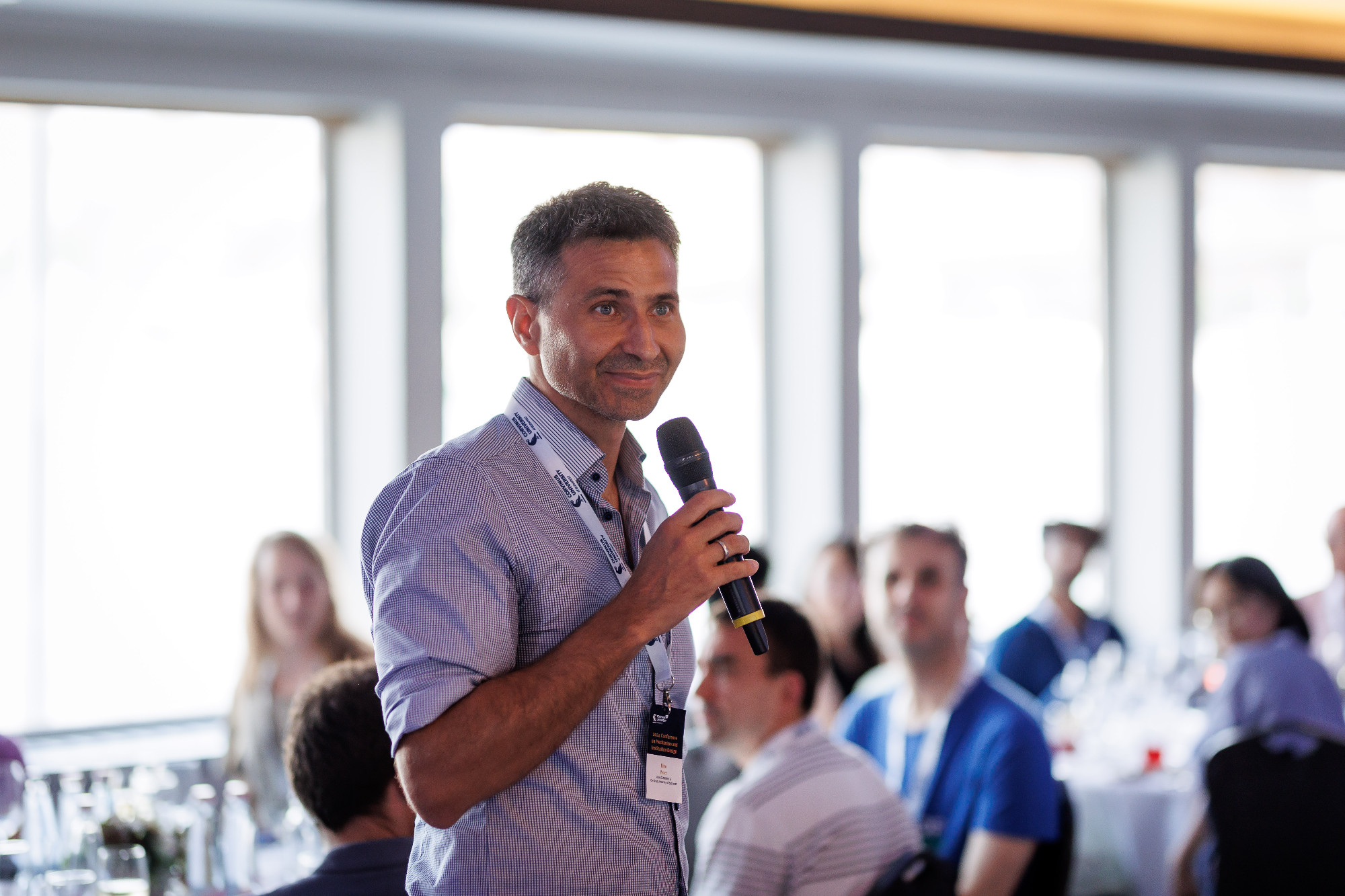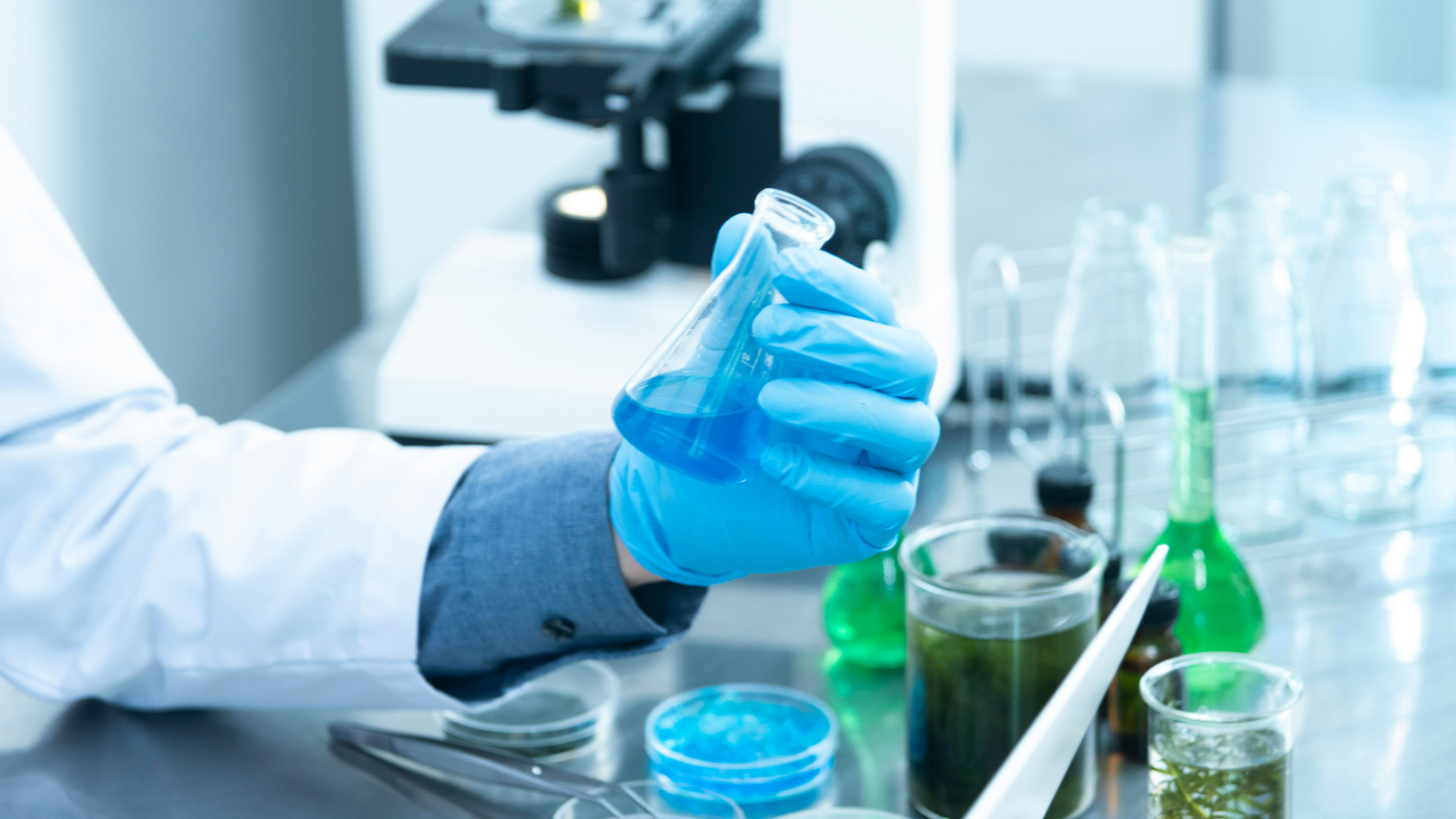Hungarian Researchers Help Severe Patients Get New Kidneys Sooner
Hungary's national kidney exchange programme expected to launch this year
The continuously learning algorithms of software developed with contribution from researchers at the HUN-REN Centre for Economic and Regional Studies (HUN-REN CERS) can help kidney patients in Europe, and soon in Hungary, to survive more effectively than ever before. A paper co-authored with researchers from Barcelona and Portugal on this topic has been awarded a prize by the Spanish Society of Statistics and Operations Research (SEIO).
For kidney patients with serious conditions, dialysis is only a temporary solution; kidney transplantation is the only long-term treatment option. Previously, transplants were primarily performed using organs from deceased donors who had given consent during their lifetime. However, as the demand for kidney transplants has increased, living donor transplantation is now considered the fastest option.

Photographer: László Mudra
"Most often, individuals are willing to donate one of their paired organs to their spouse, child, or parent. However, despite the close relationship, donors and patients often turn out to be incompatible. Issues such as blood type mismatch or HLA (human leukocyte antigen) incompatibility can arise. For example, mothers may develop antibodies after childbirth that increase the risk of kidney rejection, thereby reducing the chances of the husband becoming a donor," explains Péter Biró, leader of the HUN-REN CERS KTI Mechanism Design Momentum Research Group and co-author of the award-winning paper. Kidney exchange programmes address such incompatibilities by allowing participants to effectively 'swap' their donors.
The majority of kidney transplants are still carried out using cadaveric donors, i.e., brain-dead donors, although the proportion varies greatly from one country to another. In Spain, for example, it usually takes one to two years to find a cadaveric donor, while in Germany it can take 8-9 years. In Hungary, as in several other European countries, only paired kidney transplants are currently possible, and only within the same transplant centre. However, as Péter Biró points out, more permissive regulations are in the pipeline to help increase the number of transplants in Hungary.
In the case of circular kidney transplants, the operations must take place almost simultaneously to ensure that each patient who has "lent" their donor to another receives their vital organ immediately in return. For example, a triple kidney transplant requires the three donors, three recipients, and their respective surgical teams to be present in the same hospital at the same time. Coordinating such operations is a significant challenge, which is why altruistic volunteer donors are invaluable. Their donations can start a chain of exchanges that allows transplants to be performed without the need for simultaneous operations.
Researchers from HUN-REN CERS, Óbuda University, the University of Glasgow, and INESC TEC Porto developed software (actually two distinct systems) and a continuously updated algorithm in two phases. These tools optimise kidney exchange solutions based on around twenty different criteria (such as donor age, blood type, and body mass index) and predict how many years the transplanted kidney is likely to function reliably. This work is detailed in the paper that won the BBVA Foundation Awards 2024 from the Spanish Society of Statistics and Operations Research. "In the paper, we analysed a novel approach both theoretically and through simulations. We propose a classical concept in game theory known as the core. This approach incentivises participants in the exchange programme to introduce the best possible donors—i.e., those compatible with as many patients as possible—into the system. This, in turn, improves the quality of the solution for them, allowing them to receive a kidney that fits their needs sooner," summarised Péter Biró.
The good news is that Hungary's national kidney exchange programme, organised by the Hungarian National Blood Transfusion Service, will be launched this year using KEPsoft software. Initially, matching will only be possible domestically, but eventually, Hungary will be able to connect to international databases. To ensure the continued maintenance and development of the software, the University of Glasgow will establish a non-profit company, KEPsoft Collaborative. Other founding members include HUN-REN CERS, Óbuda University, and INESC TEC Porto, as these four institutions have been involved in the eight-year development of this vital software. Transplant organisations will pay an annual membership fee to sustain the system, creating a community-based, socially beneficial, and exemplary model.

